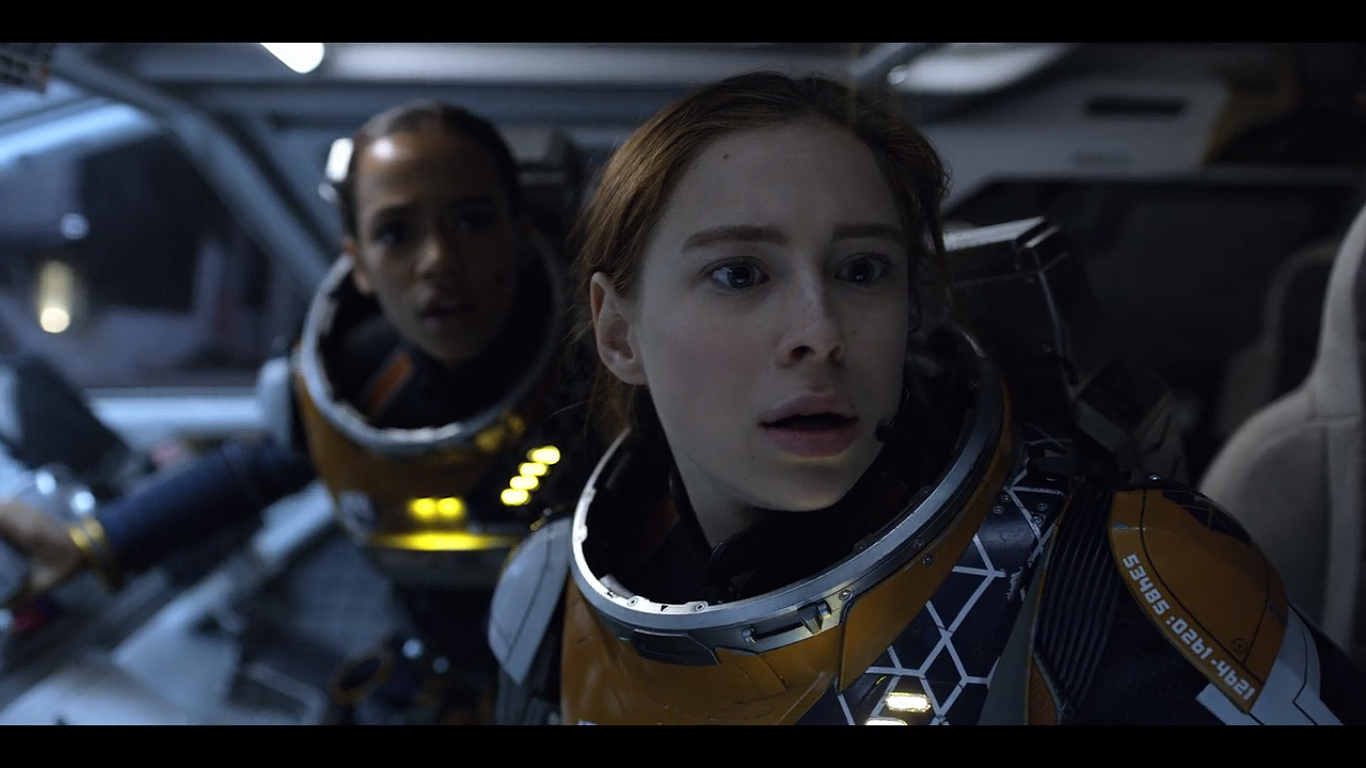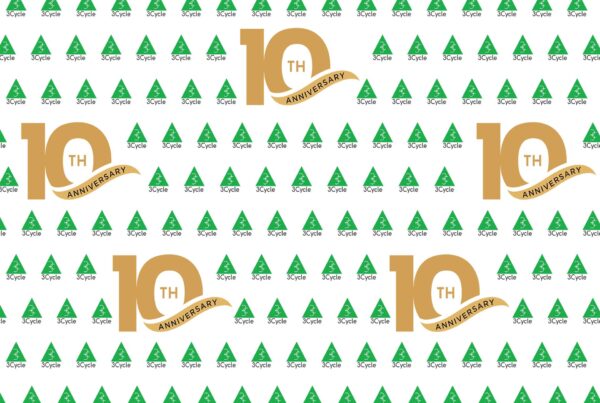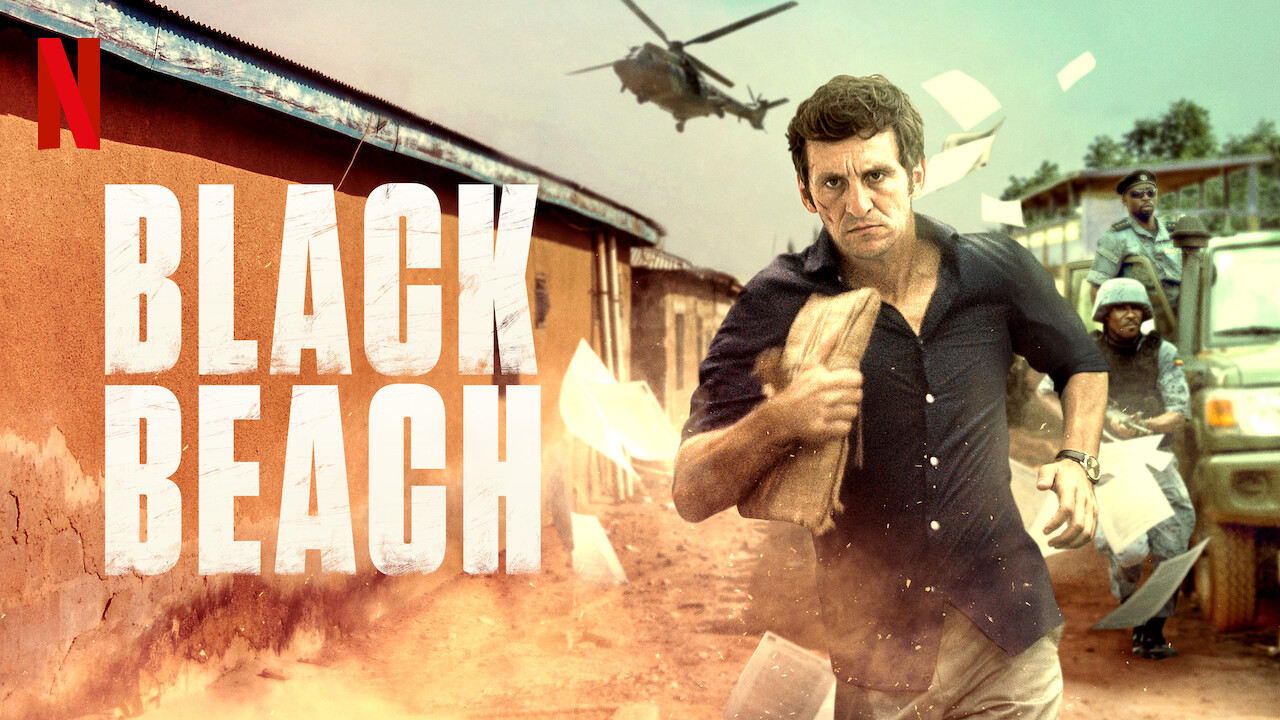The second season of Lost in Space is now available on Netflix. We thought it was a good opportunity to have a chat with Emanuela Ionica, born in 1997, who dubs Mina Sundwall (Penny Robinson) in the series.
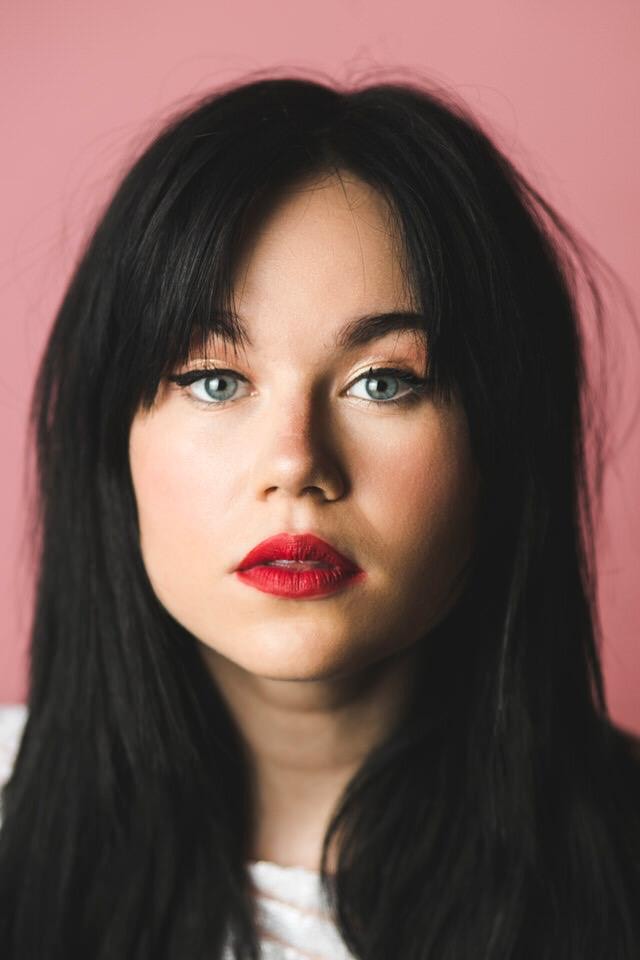
«Everyone congratulated me on the dubbing of this TV series! A dubber always tries to live up to the actor they are dubbing, to correctly reproduce the actor’s actions, emotional state and energy. That’s something I always strive to achieve. Sure, we can all have a bad day, but I find it very rewarding when I am praised for the job I’ve done – even more so considering that I believe I have a lot in common with this character.
That said, the characters that allowed me to rise to unexpected fame were Violetta (from the Argentine telenovela bearing the same name) and Vaiana Waialiki (from Disney’s animated film Moana). I dubbed one shortly after the other and I honestly wasn’t expecting so many people to write to me (mainly on Instagram) asking for audio files just to hear my voice, since they had loved the character so much… These two products were specifically thought up for kids, and it was lovely to see how they reacted – filmed by their parents – when they got the audio files and heard the voice of the character they loved so much. Some of them actually cried! It was a huge satisfaction, because not only do you realise you did a good job, but you actually made a child happy! And it was I who caused that emotional response!

I felt very close to the character of Violetta when I was dubbing her, because I too like to sing. On the other hand, dubbing Vaiana was a little odd at first. When, after the audition, I was told I got the part, I just couldn’t believe it! I’ve always been afraid of the water, ever since I was a child, so I never expected to dub a character who has such a deep bond with water.

A character that changed me during a very particular period of my life was Monika Schöllack (interpreted by Sonja Gerhardt) in the emotionally intense TV series Ku’damm 56: a girl who lives in the 1950s/1960s, who loves to dance and has a very strict mother. I started working on it when I was going through a very difficult period of my life. Dubbing her was almost a cathartic experience: I was troubled at the time, so doing 12-hour shifts and getting inside that character gave me the strength to address my issues. I learned a lot, because that was a very strong character, who suffered a lot but always found a way bounce back. I could really empathise with her, she was an inspiration and led me to make different choices. My job helps me a lot in this regard. That’s why I chose it in the first place: I was a very shy and introverted girl, I was afraid to talk to people, I had performance anxiety. And yet, standing in a dark room, in front of a microphone, allowed me to give vent to all the facets of my personality, and this made me grow up, not only from a professional standpoint, but as a person too. It helped me heal certain aspects of my insecurity.
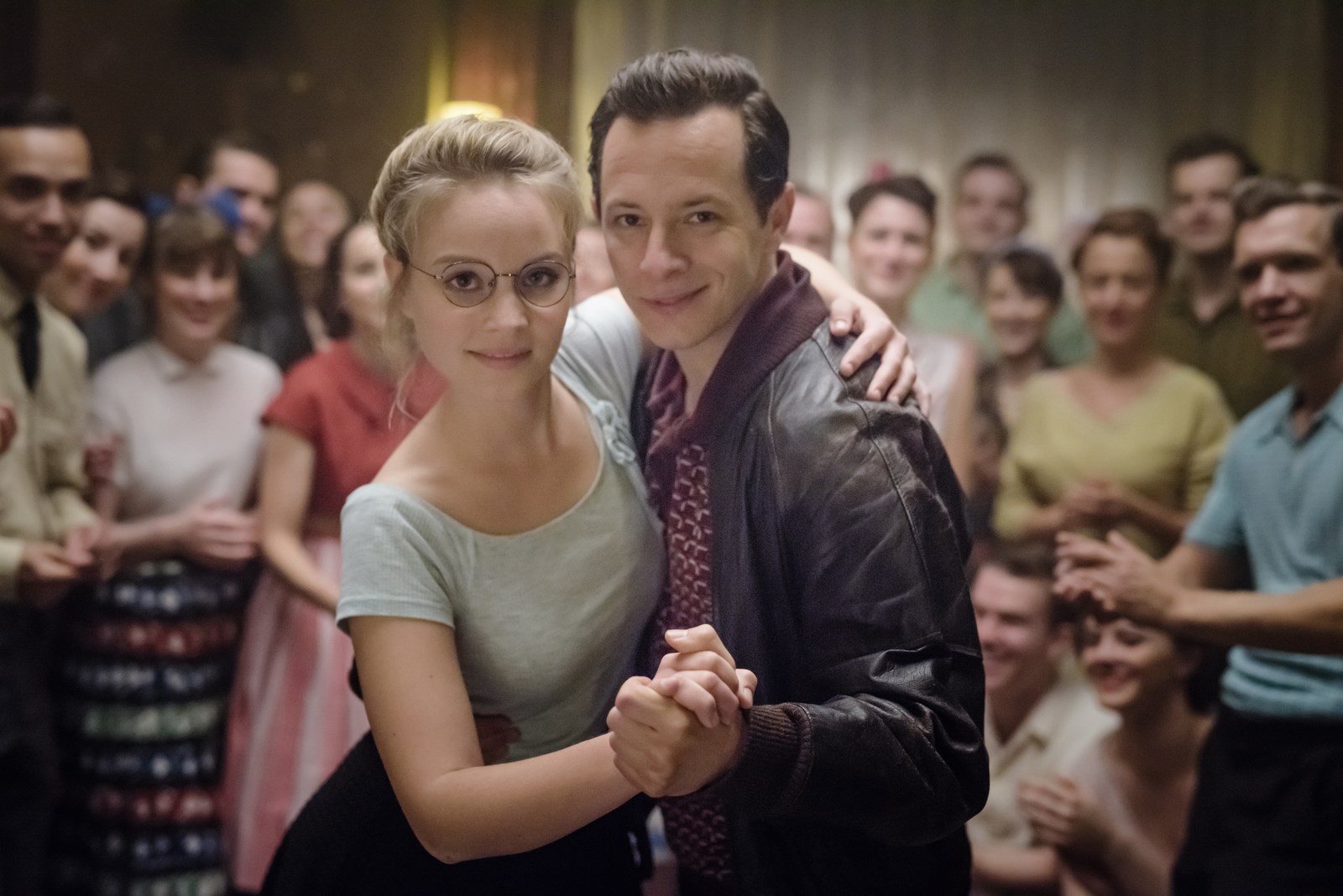
©Nennung ZDF/Stefan Erhard
The more you are in touch with yourself and with your emotions, the better you dub. Lifelong studying is obviously a must, but I have an ace up my sleeve: I look straight into the eyes of the actor. That allows me to thoroughly understand what the actor is experiencing and therefore I can go beyond the simple line and give that little extra kick»


